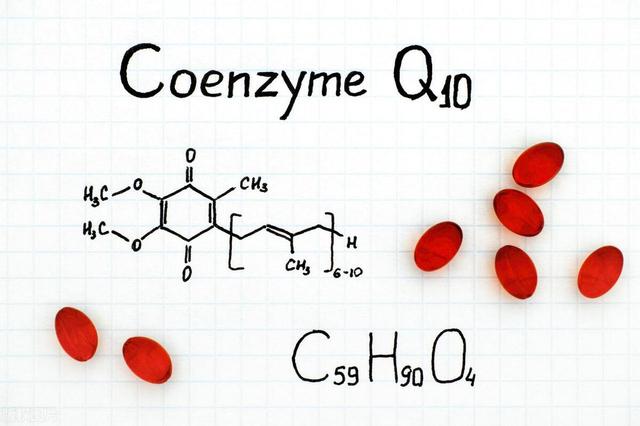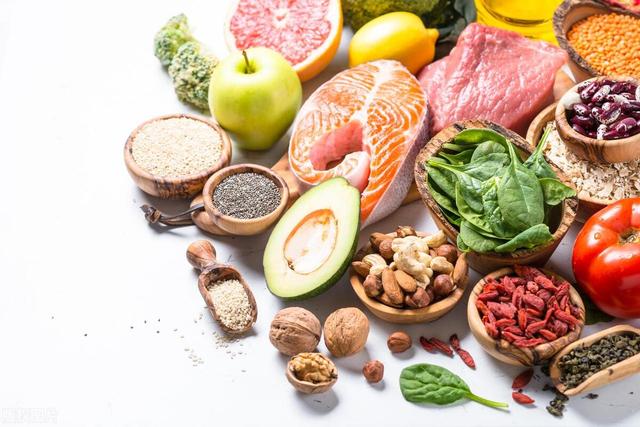Coenzyme Q10 is an important coenzyme for the human body, involved in energy supply and antioxidant. Although it is thought to be good for heart health, it is not needed by everyone, especially to prevent heart disease.
Outpatient patient friends consult, ask: Doctor, I have high blood pressure, do I also need to eat coenzyme Q10? I heard this prevents heart disease?
I believe that many friends have this question, in the end coenzyme Q10 is useful? Can heart disease be prevented?
Today, one time to tell you the answer: Coenzyme Q10 is indeed useful, but in many cases blind use is IQ tax, such as high blood pressure to eat coQ10, and can not prevent heart disease.
So who is coQ10?
Coenzyme Q10, similar to a vitamin, is a coenzyme found in human cells, where it acts as a catalyst for REDOX reactions and helps cells produce energy. Some people say that coQ10, like a vitamin, indirectly affects our health through metabolism.
ATP (adenosine triphosphate), a vital energy provider in our bodies, cannot synthesized without a key cofactor – Coenzyme Q10. This substance plays an important role in the synthesis of ATP, and it deeply involved in a series of REDOX reactions closely related to ATP synthesis.
Coq10 directly and significantly affects the body’s energy supply mechanism.
In order to more effectively support the body’s energy needs, the distribution of coQ10 in the body also particularly elegant, and it mainly concentrated in the heart, liver and brain, which are important organs related to “energy” and vitality.
Coenzyme Q10 also an antioxidant that can help protect cells from free radical damage, and some studies believe that coQ10 thought to beneficial for heart health, anti-aging, and improved sports performance, but there are also studies that deny the above conclusions.

Who really needs CoQ10?
According to the instructions for coenzyme Q10, its indications include 3 points:
First, it used for cardiovascular diseases such as viral myocarditis and chronic cardiac insufficiency.
Second, adjuvant treatment of hepatitis;
Third, alleviate some adverse reactions caused by cancer radiotherapy and chemotherapy.
Why do doctors rarely give CoQ10 to patients with heart disease?
There are two main reasons behind this.
1. Coenzyme Q10 mainly positioned as an adjunct drug or health care product in clinical application. Although it sounds like a high-end treatment, in reality, its role in the treatment of heart disease is not significant.
As noted in the Guidelines for Rational Use of Coronary Heart Disease, CoQ10 not recommended to reduce cardiovascular risk or improve outcomes in patients with asymptomatic ischemic heart disease. This means that, in most cases, coQ10 does not provide a substantial therapeutic benefit for patients with heart disease.
2. Coenzyme Q10 is a substance that the body can synthesize on its own. Under normal circumstances, our bodies do not lack coQ10. Therefore, there is insufficient evidence that additional coQ10 supplementation can prevent heart disease or improve its symptoms.

peroration
In short, coenzyme Q10 is really important to the human body, but not everyone needs, it is worth noting that many coQ10 health products on the market often exaggerate their efficacy, claiming to be able to “cure all diseases”, claiming to be able to lower blood pressure, reduce blood lipemia, reduce blood sugar, resulting in very high prices.
For most people who really need to supplement coenzyme Q10, choosing coQ10 in pharmaceutical form may be more affordable, and the quality is more guaranteed.

